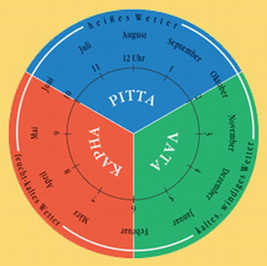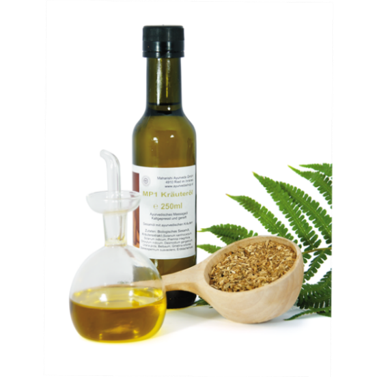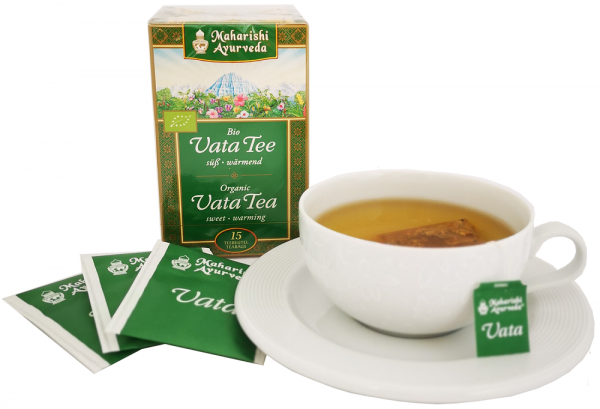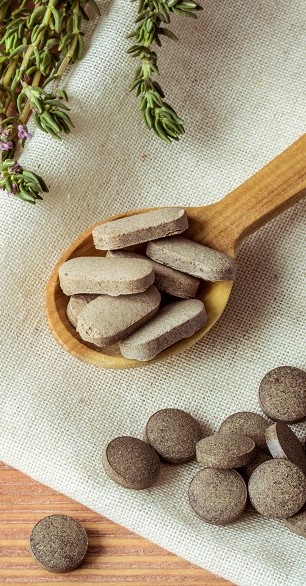Deep winter - peak of the Vata season
How do you like winter? Do you love cold and snow, wind and clouds?
Each season expresses the qualities of one of the three doshas (Vata, Pitta, or Kapha) more intensely. This has an effect on the doshas of humans. We are now heading toward the peak of the Vata season.
An Ayurvedic wisdom says, "When a dosha is increased during a season, it creates an imbalance in the next season."
So, it is important to reduce excess of vata during the transition from the vata season (winter) to the kapha season (spring) in order to prevent possible illnesses in spring.
The change from winter to spring will take place in the next few weeks. How can we prepare for this?
Three or Four Seasons?
Our calendar shows four seasons, but in Ayurvedic way of thinking there are three seasons corresponding to the three doshas.
 February, March, April, May: Kapha season
February, March, April, May: Kapha season
June, July, August, September: Pitta season
October, November, December, January: Vata season
Due to climate change, the seasons are not as regular as they may have been in the past or in other climates. Nevertheless, the path of the sun sets a rhythm that our mind-body system also follows. So, in the next few weeks, we will be facing the change from Vata to Kapha seasons. This transition is fluid. The signs of the Vata season such as dry cold and long nights become less, the signals of spring such as longer days, more humidity and the awakening of nature (pollen count) slowly become more.
Avoid Vata excess
So it is important now that Vata does not get too much in excess, so that the Kapha season can start with balance and good energy. If we take an imbalance of Vata into the Kapha season, it is easy to get diseases caused by Vata and Kapha. This manifests in a weakened immune system with allergy tendencies and susceptibility to infections, springtime fatigue, weak digestive power and a tendency to accumulate mucus in the body.
Here are the best tips to keep Vata in balance:
 Vata-balancing diet with plenty of warm drinks and warm liquid-porridge-like foods (cereal porridge, muesli, soup) that should have some fat added in the form of ghee, butter or oil. Due to the higher fat content, satiety lasts longer through meals and you do not have to rely on snacks in between meals.
Vata-balancing diet with plenty of warm drinks and warm liquid-porridge-like foods (cereal porridge, muesli, soup) that should have some fat added in the form of ghee, butter or oil. Due to the higher fat content, satiety lasts longer through meals and you do not have to rely on snacks in between meals.
- The flavors of sweet, sour, and salty balance Vata. This is not a call to eat more sugar. Sweet tastes dominate in all grains (bread, pasta, rice), legumes, oils and fats, sweet fruits and dried fruits, and most root vegetables.
- A regular daily rhythm with sleep before midnight and regular meals has a particularly Vata-balancing effect.
- Oils should be used not only internally with food but also externally in the form of oil massages, oil pulling, and nasal oiling.
 Drink hot water, herbal or spiced teas. Use warming spices such as ginger, black pepper, and cumin in food and drinks.
Drink hot water, herbal or spiced teas. Use warming spices such as ginger, black pepper, and cumin in food and drinks.
- Avoid or at least reduce obvious Vata-stimulating foods and drinks such as coffee, black tea, and ice-cold drinks.
- Avoid snacks and foods that are too heavy. These can weaken your digestive fire. This means you are missing the most important source of internal heat.
 If possible, move in the fresh air every day! Be sure to breathe through your nose and avoid overdoing it, which leads to exhaustion. Indoor exercise in the form of yoga, Pilates and gymnastics will also keep your balance.
If possible, move in the fresh air every day! Be sure to breathe through your nose and avoid overdoing it, which leads to exhaustion. Indoor exercise in the form of yoga, Pilates and gymnastics will also keep your balance.
- Take frequent breaks throughout the day to regenerate lost energy.
- Use Vata-balancing supplements to strengthen your immune system (Immun Set).
"Repair before something is broken."
 To conclude the Vata season, we recommend an Ayurvedic cleansing regimen. This will eliminate the excess of Vata and accumulated Ama (waste products) before entering the new season.
To conclude the Vata season, we recommend an Ayurvedic cleansing regimen. This will eliminate the excess of Vata and accumulated Ama (waste products) before entering the new season.
If you have the possibility to do a stationary Panchakarma cure , you can get more information here. If that is not possible, we recommend that you attend the "Herbal Detox" webinar webinar, which has been deliberately timed for this purpose to coincide with the beginning of Lent. This time corresponds exactly to the transition from the Vata to the Kapha season.
Such a cure will cause your body to be cleansed and in balance before any disease develops.
Summary
January is the peak of the Vata season. Vata-balancing measures are especially important now. These prevent a stronger imbalance of the doshas.
As you transition from the Vata to the Kapha season (February), an Ayurvedic cleansing cure is highly recommended as a preventive measure. We offer you three options for this: a inpatient Panchakarma cure at the House of Health, the webinar"Herbal Detox" under medical supervision, or a Herbal Detox cure that you can carry out independently of time at home .
Some tips were taken from the newsletter of Maharishi Ayurveda Private Clinic Bad Ems (www.ayurveda-badems.de)


We look forward to your feedback!